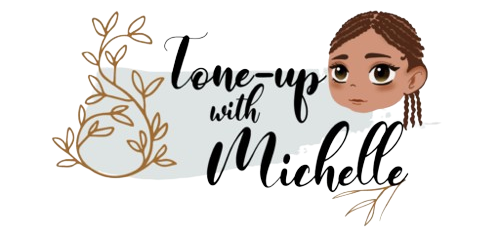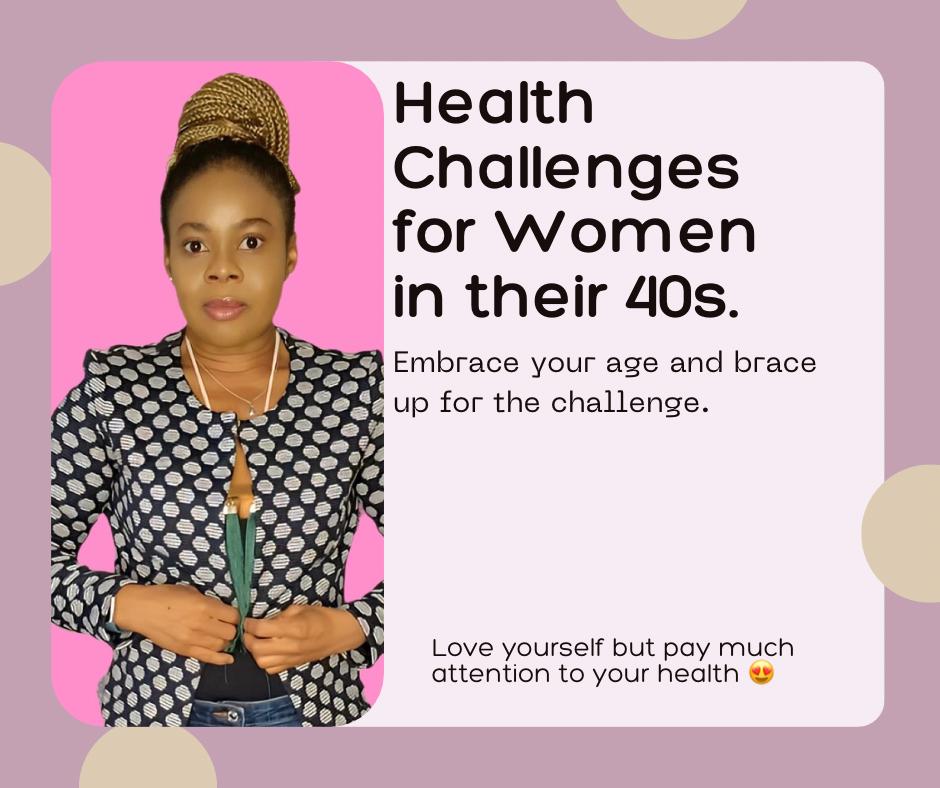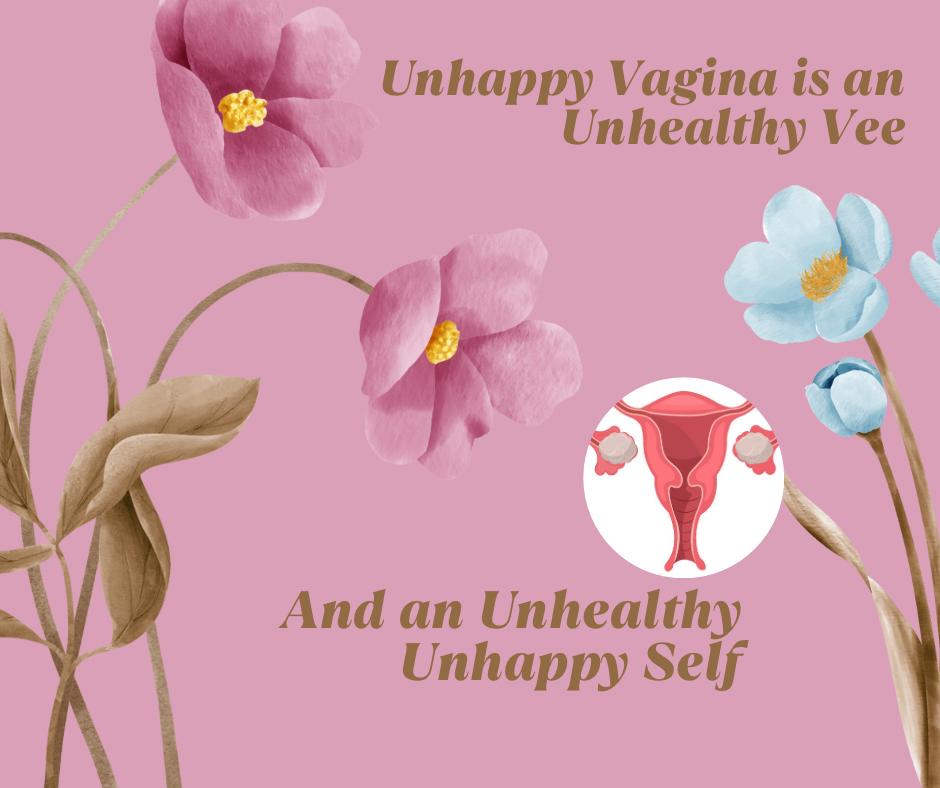Where I come from, 40 means you are old and outdated. But where I live and how I see my world, I say 40 is the beginning of a beautiful life filled with self-love and awareness.
If you are reading this, you must be curious to know more, or you are in your late 30s and 40s and most likely in control of your life, with a good career, a home and a beautiful family, whether traditional or modern. Either way, your 40s are a time when you feel your best. In the midst of all this, you feel you have a lot on your plate, and taking care of yourself may seem like an extra task on your to-do list. Because of your busy lifestyle, you may be tempted to skip a doctor’s appointment or two.
As you juggle life, family, and career, it is important to keep your health at the forefront, and your 40s are a critical time in your life, with many health risks such as metabolic disorders. It’s a time to live your best life, but it’s also a time to prepare for health challenges and reduce your risk of getting them. That’s why it’s important to make time for self-care, to eat right, to exercise, and to get your regular, important health checks.
I am not saying that health problems only happen to women in their 40s, I am in my 40s and have no health problems. Health problems can happen to anyone at any age, and women in their 40s may face higher specific health risks due to biological factors such as age-related decline and hormonal imbalances. As well as lifestyle factors such as obesity.
Here are some common health issues that women in their 40s might encounter:
Brace yourself for the Perimenopause
Although this is not usually a health challenge, the symptoms that accompany it can be a health challenge for a woman. Perimenopause is the start of the menopause, when your hormone levels start to change. For some people, this process starts in their 40s and lasts for several years. The menopause process affects everyone differently. During this process, the body uses energy differently, which can lead to changes in fat cells, menstrual irregularities, hormonal changes and slight weight gain.
Hormone changes and weight gain are risk factors for high blood pressure and heart disease. It can also increase your risk of anxiety and depression. Some people may go through this process without noticing any symptoms, but others have reported hot flashes, weight gain, mood swings, decreased sex drive and fatigue.
Heart Health
My experience as a cardiology nurse on the ward is that the number of women admitted to cardiology is higher than the number of men. There is a simple explanation for this: women have a higher risk of heart disease than men, and this risk increases after the menopause. It’s important to keep blood pressure and cholesterol levels under control and maintain a healthy lifestyle to reduce the risk of heart disease.
Bone Health
The decline in estrogen levels during menopause can increase a woman’s risk of osteoporosis, a condition characterised by weak and fragile bones. Oestrogen promotes bone growth and maturation and is involved in regulating bone renewal in mature adult bones. During bone growth, oestrogen is needed for proper closure of the epiphyseal growth plates in both women and men. Adequate calcium intake, vitamin D and strength training can help maintain bone health.
Breast Health
Breast cancer is common nowadays, so it is important to have a breast examination from time to time. As you get older, your breast tissue gradually becomes more fatty. Due to differences in the structure of fat and breast tissue, your breasts tend to become droopy and saggy in your 40s. At this age, some women also develop fluid-filled cysts, where fluid is trapped in the breast ducts. Regular breast examinations and mammograms are important for detecting breast cancer.
Reproductive Health
Fertility declines with age, so women in their 40s may face fertility challenges when they’re trying to get pregnant. However, the good news is that there are so many options available today to help you become a mother. Your gynaecologist can guide you through the options for fertility treatment if you wish.
Weight Management
Hormonal changes and a slower metabolism can make it harder to maintain a healthy weight in your 40s. A balanced diet, good sleep, reduced stress, and regular exercise can help manage weight and overall health.
Mental Health
Women in their 40s may experience increased stress, anxiety or depression due to various life changes such as career changes, fertility issues, singlehood, break-ups, etc. Surrounding yourself with the right people and seeking support from a therapist or counsellor can be beneficial.
Iron Deficiency Anaemia.
Our periods start to get heavier after the age of 35 and continue to get heavier after the age of 45. This causes heavy bleeding and loss of iron in our bodies. The most common symptoms are tiredness, shortness of breath, headache, and dizziness. A blood test can determine your iron level. However, it is almost impossible to get the right amount of iron from our diet. Your doctor may recommend that you take iron supplements and tell you how much you need.
Regardless of your health status, women in their 40s need to take the time to prioritise their health by making healthy lifestyle choices, and regular check-ups such as pap smears and mammograms are basic preventative care to detect potential health problems early when they’re most treatable. Listening to your body and addressing any concerns promptly can help maintain your overall well-being as you navigate this stage of life.
Enjoy your 40s with health, youthfulness, and vitality!
XOXO



